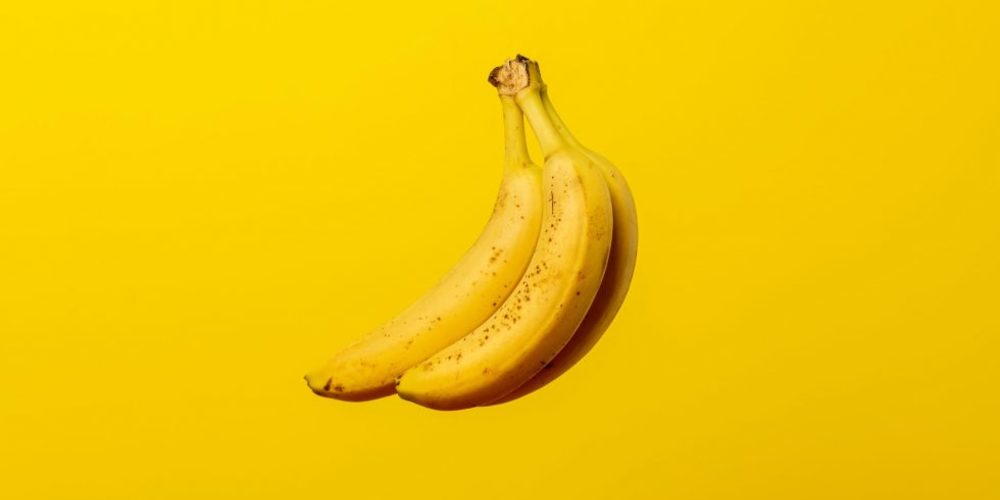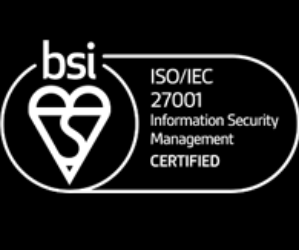Picture the scene, it’s winter, you are hungry and fancy something a bit more healthy. You stroll down the corner shop and buy a banana. Most of the time you don’t even think about where it came from, how far it has travelled and the costs involved at every stage of its journey.
Already due to the vast global trade networks, people are able to enjoy a far more varied diet than any other time in human history, but what changes are on the horizon as the world becomes ever more interconnected? How will technologies such as the Internet of Things (IoT) and artificial intelligence (AI) affect how I buy a banana?
Big Data
You may have seen in the news panic about diseases devastating banana crops worldwide, but why is this? Every banana that you see on the shelves in the supermarket, is essentially a clone of all the other bananas next to it. This means that bananas share the exact same genetic makeup, and thus they share the same flaws in their genetics towards certain pathogens. Imagine if every human was a clone of one person, and that person happened to have a fatal nut allergy, meaning everyone is at risk from the same allergy.
This is where big data solutions can step in to tackle the problem. Scientists who wish to prevent the spread of crop blights need to identify the vulnerable genes, which is easier said than done. Especially when you wish to compare the genome of a banana with those of its close relatives to find similar genes that could be used to provide immunity. With such a vast array of data, the need for a solution that can accurately and quickly identify such resistant genes is imperative to the long term stability of the global banana crop.
IoT
Disease is not the only issue affecting bananas, being a tropical crop, supplying freshwater year-round can be problematic. The contrast between wet seasons and dry seasons puts a strain on ensuring there is enough water both for the local populations and the crops which form their sustenance and livelihoods.
IoT technologies stand to ease the demands of crops using connected sensors to monitor the status of the crops and alerting the farmers when the banana trees need water, and when natural rainfall suffices. This cuts down massively on water waste, ensuring that plantations only use the water they need. The exact same principles could be applied to pesticides as well, further cutting down on their usage.
AI
While much of the discussion surrounding automated vehicles have been surrounding cars, the sector which might benefit the most from automation is the shipping industry. While automated cars have to deal with the issues of navigating through complex environments and anticipating human behaviour, the open seas are far more linear and simple, with fewer potential points of failure.
Crewed cargo vessels have to stop for rests at a port to give crews a break and require all of the mod-cons such as running water and air conditioning for the crew. By automating cargo ships costs can be cut drastically as these features are no longer needed and far more space can be allocated to cargo. Instead of full-time crews, small teams of engineers could run escorts alongside automated fleets of ships, on hand in case of any issues. IoT sensors could be embedded within the ships to detect any issues and alert the escort team if something goes wrong.
The Cloud
Now that my digitally transformed banana has been transported across the world and landed on the shelves of the shop down the road, how am I affected by all of these technologies as a consumer? Well for one, all of these interconnected technologies communicate through the cloud. This means that you could track the journey your banana took, from the moment it was first planted to purchase. Consumers are interested in knowing where their food comes from and increasing the transparency in supply chains is a great tool for boosting customer satisfaction. Not only that, you could check whether they have any bananas in stock, whether they are fair trade and how fresh they are.
Digital Transformation and growth technologies stand to affect all aspects of our lives, even something as simple as buying a snack. Big Data, IoT, AI and the cloud can go a long way into improving efficiency and consumer trust across many industries, with agriculture being one such example.
If you’ve been inspired by all this talk of high-tech fruit and are looking for your next challenge, we have a variety of roles with some of the most innovative companies in the world, contact us.






